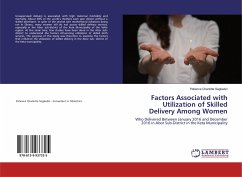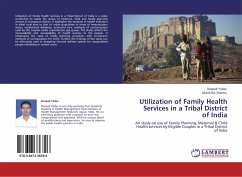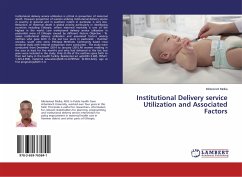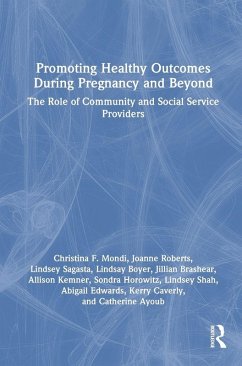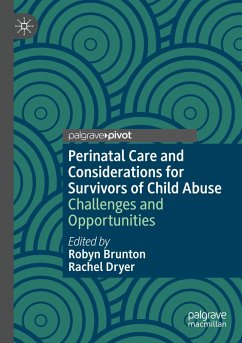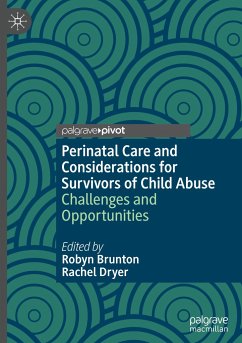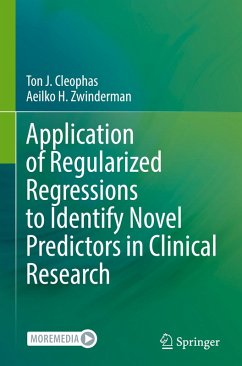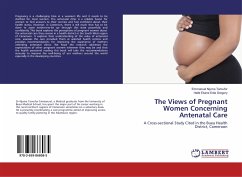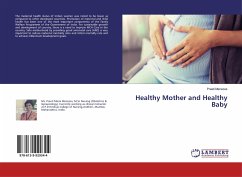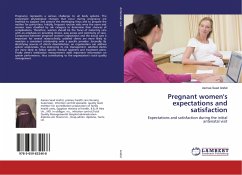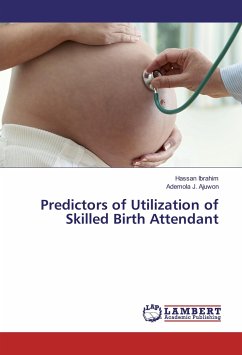
Predictors of Utilization of Skilled Birth Attendant
Versandkostenfrei!
Versandfertig in 6-10 Tagen
33,99 €
inkl. MwSt.

PAYBACK Punkte
17 °P sammeln!
The single most critical intervention in the reduction of maternal mortality is to ensure that a health worker with appropriate skills is present during pregnancy, delivery and time after delivery. Yet Kenya (Sub-Saharan Africa) still experiences high maternal deaths at 488 deaths per every 100,000 live births per year (KDHS, 2009), largely because women do not give birth under the care of skilled health providers. Mandera County (in Northern Kenya) has recorded one of the unacceptable highest MMR in the world at 3795/100,000 live births worse than neighboring country of Somalia. The County be...
The single most critical intervention in the reduction of maternal mortality is to ensure that a health worker with appropriate skills is present during pregnancy, delivery and time after delivery. Yet Kenya (Sub-Saharan Africa) still experiences high maternal deaths at 488 deaths per every 100,000 live births per year (KDHS, 2009), largely because women do not give birth under the care of skilled health providers. Mandera County (in Northern Kenya) has recorded one of the unacceptable highest MMR in the world at 3795/100,000 live births worse than neighboring country of Somalia. The County before devolution (2013) is one of the most marginalized areas in Kenya with weak health systems. This book presents results of the study that examined in depth the main Predictors of Utilization of Skilled Birth Attendant in Mandera and gives recommendations based on the study findings that would ultimately lead to the reduction of MMR.



